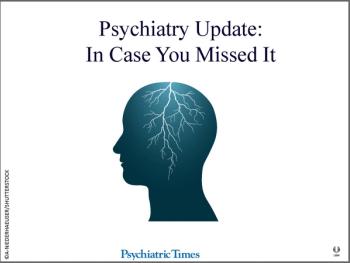
News from around the web includes stories on racism in medicine, mental health stigma in Olympic athletes, sibling bullying, and more.

News from around the web includes stories on racism in medicine, mental health stigma in Olympic athletes, sibling bullying, and more.

Three new studies on genetic risk factors and lifestyle; the transition from cognitive health to Alzheimer disease; and metabolic syndrome in depressed older adults.
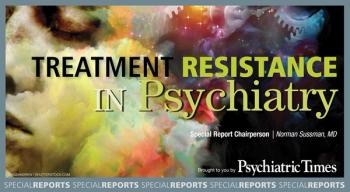
When patients endure repeated trials of medications to no avail in the areas of PTSD, panic disorder, bulimia nervosa, and other illnesses, psychiatrists are there.
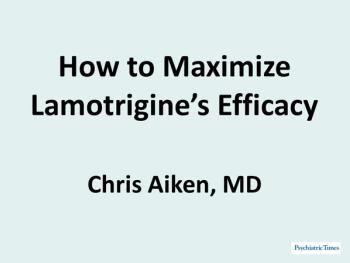
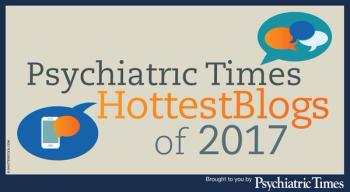
Compelling commentaries by Psychiatric Times' contributors and editorial board members.

A selection of noteworthy books to add to your reading list. Can you think of others?
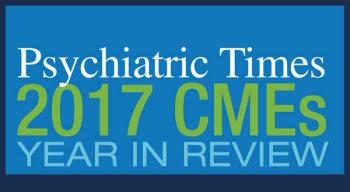
Our gift to you: CMEs on topics that range from restless legs syndrome, fatigue and depression, anti-NMDA receptor encephalitis, hoarding disorder, and more.
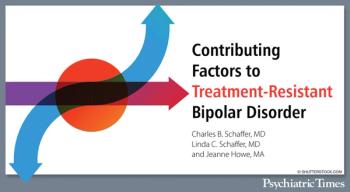
Several non-biological factors often contribute significantly to treatment resistance.
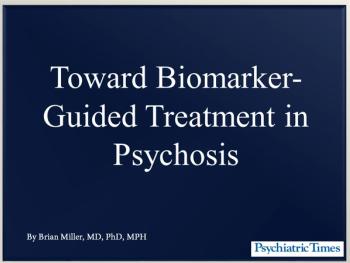
Is oxidative stress a therapeutic target in schizophrenia?
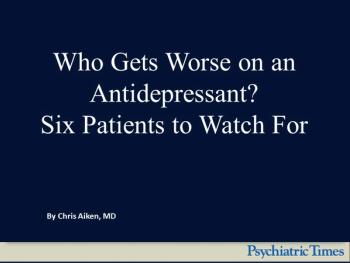
Six patient types to watch for.
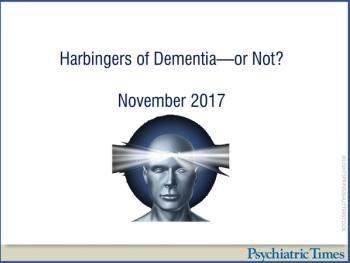
Hypertension, loss of sense of smell, personality changes: which can predict dementia?
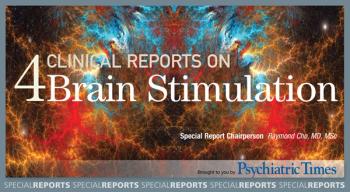
This slideshow provides a snapshot of innovative alternatives to traditional treatments for psychiatric disorders.
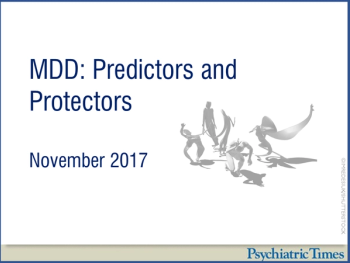
Researchers investigate links between depression and exercise, childhood sexual abuse, and diet.
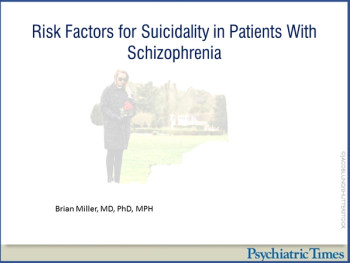
What are the strongest predictors of suicidality in schizophrenia?
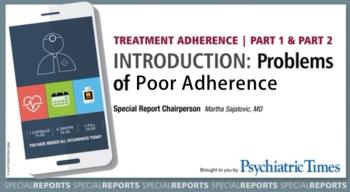
Treatment nonadherence in psychiatric patients contributes to increased suicide rates, illness exacerbation, hospitalization, and mortality. This Special Report countdown highlights the psychiatrist’s role in addressing barriers to treatment in a number of scenarios.
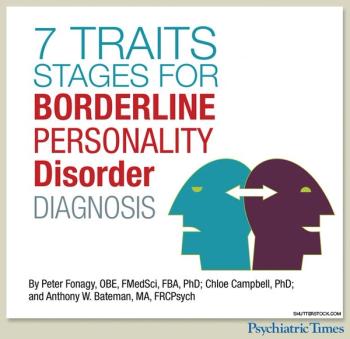
The authors describe an alternative model for BPD diagnosis that is dimensional in nature and requires fulfillment of 4 of 7 personality traits.
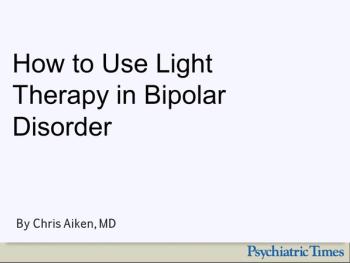
A novel protocol lights the way for a promising treatment for bipolar depression.
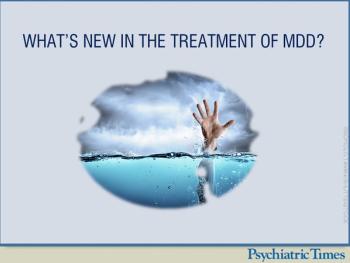
The latest news in the treatment of depression covers patient self-management apps, antidepressant efficacy in older adults, and strategies to improve adherence.
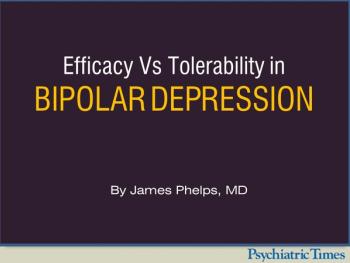
Which is more important, for whom?
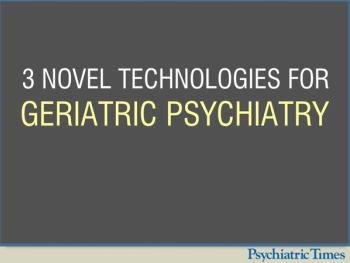
New tools for the armamentarium: a patient self-management app, a retinal imaging system, and a computer program for Alzheimer diagnosis.
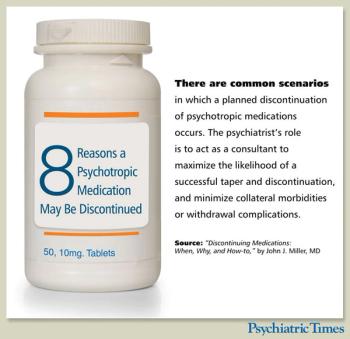
Tips for having a balanced and comprehensive risk-to-benefit discussion with competent patients who want to stop their medications.
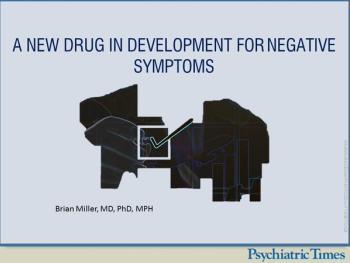
Is an effective, well-tolerated treatment for the negative symptoms of schizophrenia on the horizon?
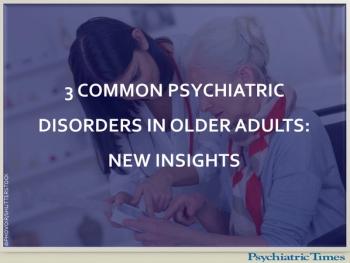
Are you up-to-date on the latest findings in mild cognitive impairment, dementia, and depression in elderly patients?
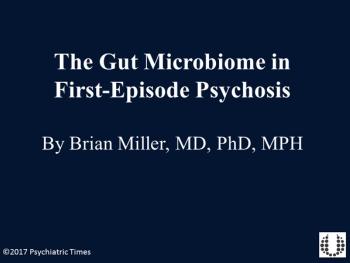
New findings support the involvement of microbiota alterations in psychosis-and point to novel treatments.
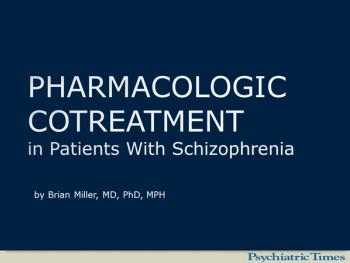
Which psychotropic combinations unlock the door to successful treatment?
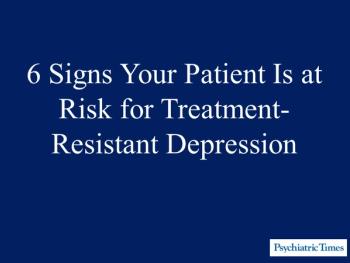
What factors predispose patients to TRD and what treatment strategies achieve response? Find out here, with a bonus case vignette.
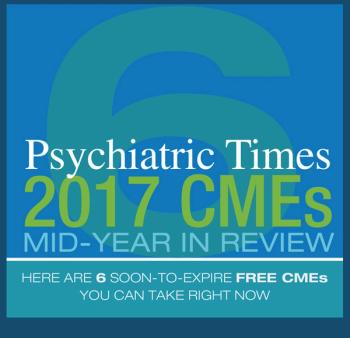
Here is a rundown of 6 soon-to-expire free CME activities you can take right now.
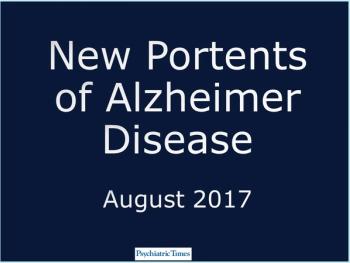
Researchers investigate Alzheimer disease in 3 key areas: sleep, seizures, and proton pump inhibitors.
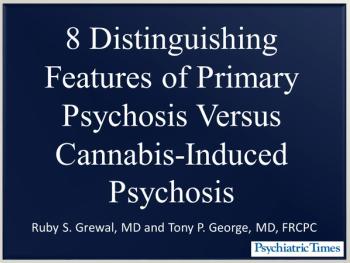
The authors compare the clinical features of idiopathic psychosis (eg, schizophrenia) with cannabis-induced psychosis.
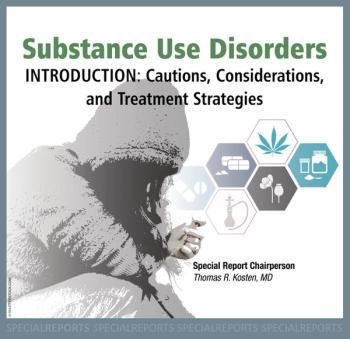
A clinical collection on addiction treatment, ADHD and SUDs, important drug indications, vaping, cannabis use, benzodiazepines, the perils of self-medicating and other topics relevant to practicing psychiatrists.